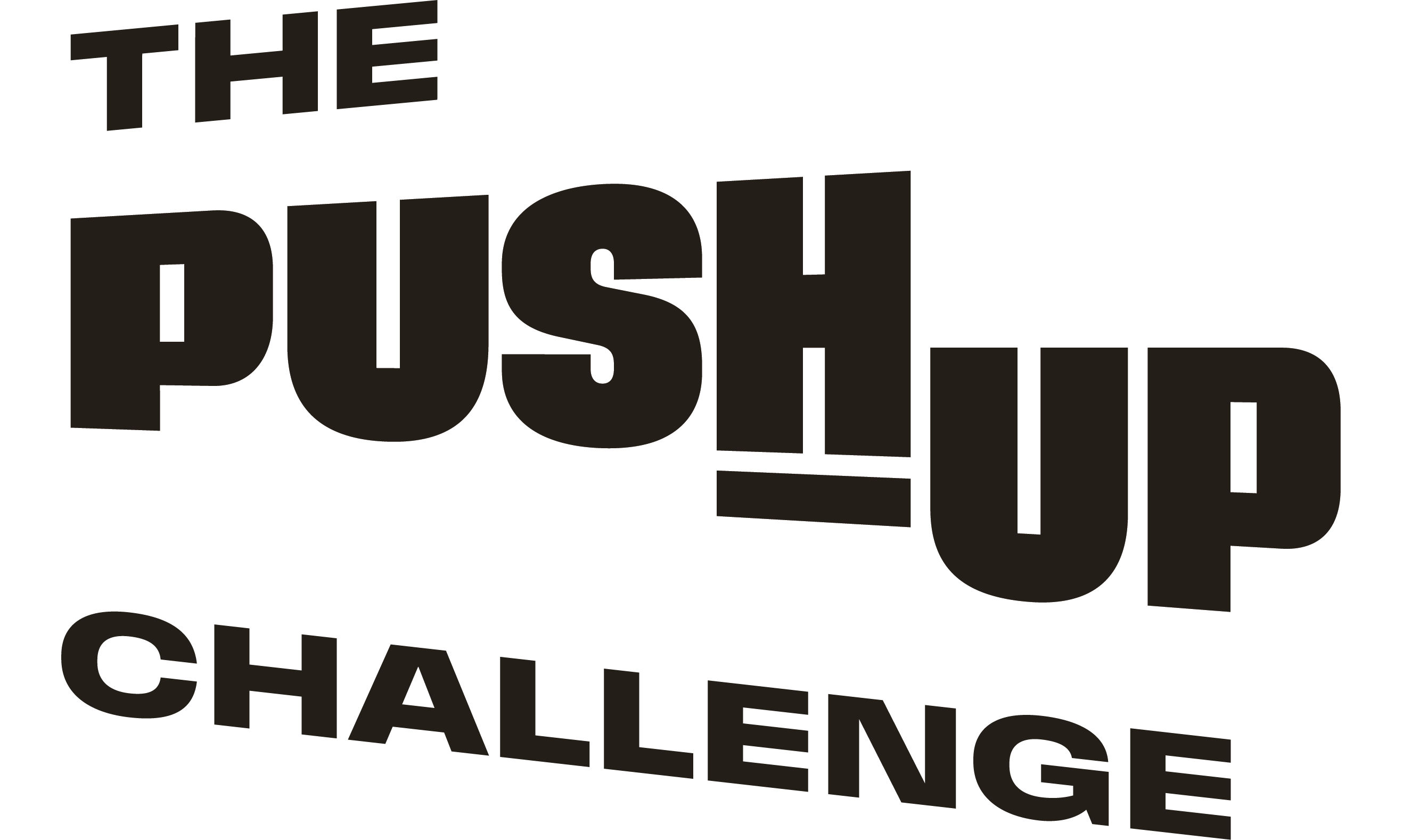The study examined the event’s effects on mental health, physical activity, social connectedness, and mental health literacy. Participants reported significant improvements in mental wellbeing, resilience, and social connection. For individuals facing mental health challenges, the event was particularly impactful, with noticeable reductions in the severity of depression and anxiety - benefits that extended even three months post-event.
The Challenge encouraged participants to take proactive steps for their mental health. Those with mental health concerns were more than twice as likely to seek help following the event, turning to health professionals, loved ones, or digital support groups. Additionally, participants adopted self-care strategies such as exercising, spending time in nature, and connecting with friends or pets, with these positive habits persisting long after the event.
Physical activity also surged among participants, along with a shift in attitudes towards exercise. The Push-Up Challenge proved effective in engaging individuals across all ages and genders, notably reaching men, who are often less likely to engage with mental health initiatives.




